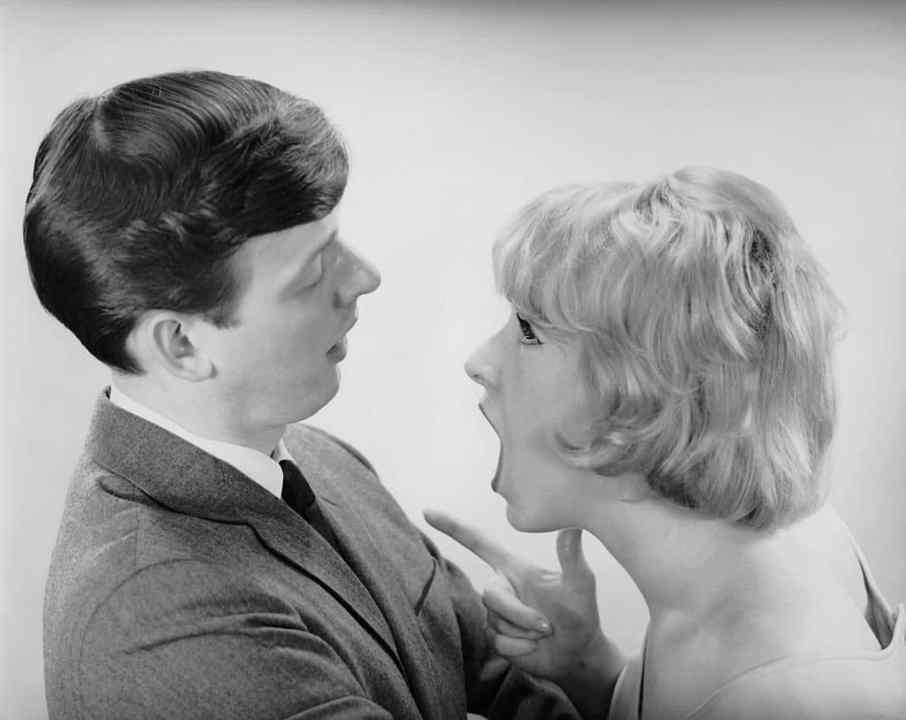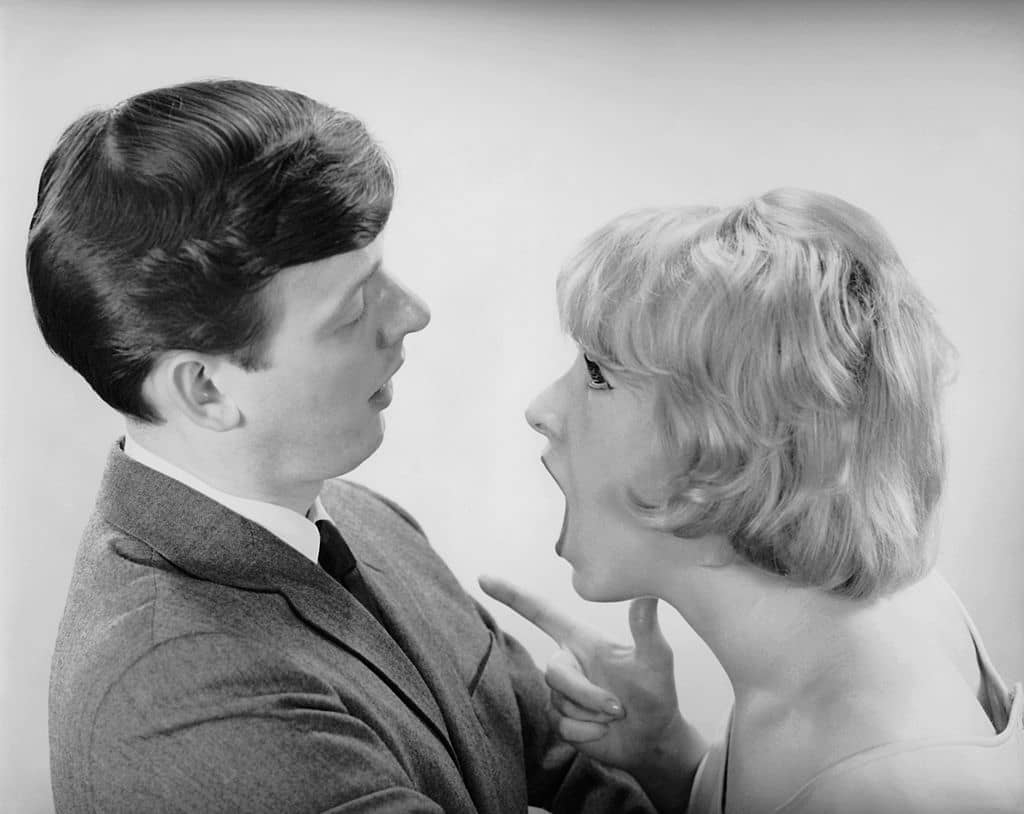Modern dating is a mess: it’s a shallow world of filters, FaceTune and superficial swiping. Across the internet, Gen Z complain that daters flake, catfish, scam, and – most objectionably of all – ghost.
A new dating app, Snack, proposes a solution. Snack is described as ‘Tinder meets TikTok’: a place where Gen Zs can film themselves flirting, create content with fun video prompts, and enjoy a ‘more authentic video-first dating experience’.
Snack also enables its users to punish those who ‘ghost’ them by leaving them negative reviews. ‘Ghosting’ is rejection without the closure – you’re talking to someone and, suddenly, they stop responding and disappear. Ghost enough times on Snack and you will be ‘de-prioritised’ by the platform – in other words, made invisible to other users. According to Snack, this is a way to ‘bring some basic manners and decency to the dating app game’.
Can we really expect to imbue the frivolity of casual dating with the courtesy of a committed relationship?
Few would dispute the need for more decency in modern dating. But is reporting ghosters the right way to go about it? Gen Z already seems to have an anxious, persecutory and less resilient approach to dating than previous generations. Online, we aren’t just on a crusade against ghosting and catfishing, but an infinite list of dating grievances including ‘benching’, ‘bread-crumbing’, ‘negging’ and, most recently, ‘love-bombing’. All kinds of normal behaviours are now pathologised, with rude or unlikable traits in relationships reframed as ‘red flags’ or types of abuse. We also talk about rejection in increasingly extreme terms, with ghosting labelled as ‘inhumane’, ‘emotional abuse’, and the cause of ‘severe psychological trauma’.
Take the case of West Elm Caleb. Last month, this 25-year old furniture designer from New York was virally shamed for his dating etiquette. Caleb’s crimes consisted of ghosting multiple girls on Hinge, sending an unsolicited picture, and going on two dates in one day. TikTokers diagnosed him as a ‘narcissist’ and ‘pathological liar’ who gaslit and love-bombed his ‘victims’ by sending them the same flirty messages and Spotify playlists. Some found and released Caleb’s full name, address and mobile number, while others called his workplace to get him fired. Since the saga, a number of public Google Docs have even emerged to out other ghosters in different areas, listing their personal information alongside various dating offences such as ‘love-bombing then ghosting’ and ‘ghosting, huge ego, asshole’.
Ghosting can be hurtful, no doubt. And it could be considered emotionally abusive, especially if a long-term partner suddenly cuts off contact. But is it such a deadly sin after one date? Or even just a few texts?
Surely some of this comes with the territory. Casual dating is often callous and confusing – even more so now with the rise of cold, transactional dating apps. Can we really make it a safer and less triggering space? Despite the Gen Z witch-hunts, and whatever rules we impose, we won’t ever be able to rid the dating process of deception and disappointment. Decency can’t be enforced by an algorithm. Nor can we expect to imbue the frivolity of casual dating with the courtesy of a committed relationship.
This isn’t to excuse bad behaviour. There has rightfully been a backlash against a genuinely toxic dating scene. But when we’re reporting people who ignore us, convincing ourselves that someone’s indifference to us amounts to a pathology, and deciding that normal yet unpleasant behaviour deserves an online reckoning, we’ve arguably lost the plot.
Besides, do Gen Z really need another thing to call each other out for? It’s frightening enough knowing that the internet provides a near-permanent record of our past behaviour without adding something as subjective as ghosting into the mix. Gen Z are already risk averse when it comes to relationships and ‘catching feelings’: far fewer of us have had a sexual partner or gone on a date than Gen Xs and Boomers. The last thing such an anxious generation needs is to internalise dysfunctional ideas about the trauma of rejection.
Rejection stings, but it’s a normal part of human experience. Instead of trying to shield ourselves from threats to our self-esteem, we should develop the confidence to pick ourselves up and move on. It happens. Wouldn’t we rather that than require people to drag out pointless conversations to prevent hurt feelings and avoid online stigma? It’s time to accept rejection as an inevitable, normal, and even healthy part of dating.







Comments